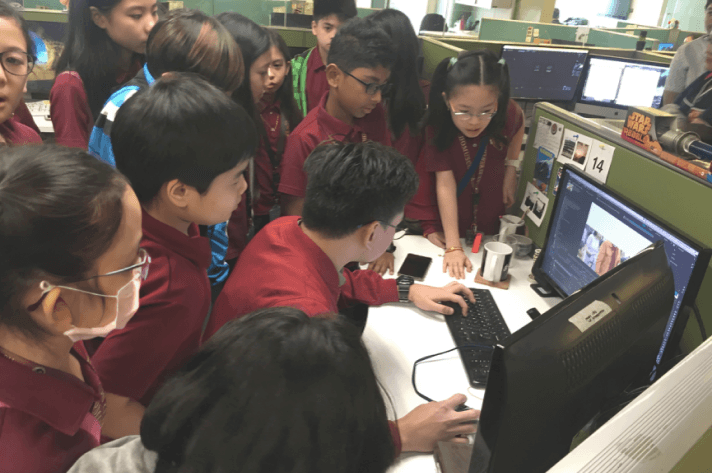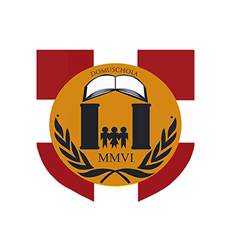
Introduction
The impact of technology on education has been mind-boggling to say the least, especially since the advent of the technology revolution. This is something which is rapidly evolving all the time and is changing the very paradigm of how education is imparted and received. Moreover, this is something that has been well integrated into private schools in Philippines and has helped greatly with enhancing secondary education in Philippines.
Why is Technology in Education Important?
Technology in education is important because it pervades every aspect of our lives today ranging from e-commerce and banking to travel, healthcare and entertainment. As a matter of fact, technology is as important in education as learning the alphabet. That is the reason why we see technology deployed in schools right from the very junior classes.
Let us see how exactly this impact of technology in education is felt.
1. Access to Information
The internet has put vast amounts of information at our fingertips allowing both teachers and students the means and ability to gain an unprecedented amount of knowledge, information and wisdom. This information can be obtained via educational websites and digital libraries. No longer is one only dependent on textbooks.
2. The Positive Effects of Technology on Education
The most significant positive impact of technology on education has been in enhancing its access to way more people than was possible in the past. The emergence of digital learning tools has had the effect of making geographical barriers ineffective and made formal education accessible to students regardless of who they are from a socioeconomic point of view or where they are from a geographical point of view.
3. Enriching the Classroom with Technology
There are a very large number of ways in which the modern classroom has been enriched by technology. From more interactive and therefore more engaging learning to enhanced access to information and personalised learning, the impact of technology on the modern classroom has been phenomenal. Among the most notable impacts on the classroom is more efficient teaching on account of the fact that digital tools are now routinely used to enhance the level and quality of teaching. Above all, the students are better equipped to do well in a world that is driven by technology.
4. Interactivity and Class Engagement
Deploying technology in education has led to a more interactive as well as engaging classroom. Using things like games, simulated scenarios and multimedia presentations helps hold the students’ attention in the best possible manner.
5. Efficiency in Administration
Technology has led to a considerable enhancement in the carrying out of administrative tasks within schools. It has streamlined things like enrollment and grading, allowing teachers to focus more on the core task of teaching.
6. Improved Collaboration
One of the biggest impacts of technology in education has been in the manner that collaboration is possible across geographies amongst students and with one’s teachers in a seamless manner. Besides, students are able to work jointly on projects, exchange ideas and learn to work together with the help of collaborative software.
7. Time-saving
Technology has completely revolutionised the manner in which students as well as teachers communicate via email, video conferencing and social media. No longer do students have to be physically present in classrooms to access important information. All of this leads to immense saving of time on the part of both students and teachers.
8. Flexibility in Learning
Gone are the days of learning strictly by the textbook. With a plethora of sources of information on the internet, there is a huge amount of flexibility available when it comes to learning these days.
9. Innovative Assessment Methods
The old ways of simple and straightforward assessment have given way to all new methods. These range devices like digital portfolios, interactive assignments and online quizzes, empowering teachers with real time inputs about their students’ performance. This allows the former to obtain much more insightful understanding of how well the students have performed.
10. Combined Learning Methodologies
Learning methodologies have undergone a sea change when compared to the pre-digital era. These days we see a combination of a myriad of ways of acquiring education, thanks to technology. From traditional lectures to listening to their recordings and from learning via online videos to audiobooks and interactive games, there are a whole slew of ways to learn in the technology age. Besides, online material can be constantly updated by both teachers and students to ensure that the most up to date information is available at all times. The teachers can combine varied methods of learning to come up with something that best suits their students’ specific needs.
Conclusion
The impact of modern technology in education has been extremely transformative in nature. It has made the dissemination of high quality education much more widespread than it was possible in the past. Moreover it has made the whole process of learning very interactive and engaging, leading to an enhancement in the quality of education received by today’s children, regardless of where in the world they might be physically present.

